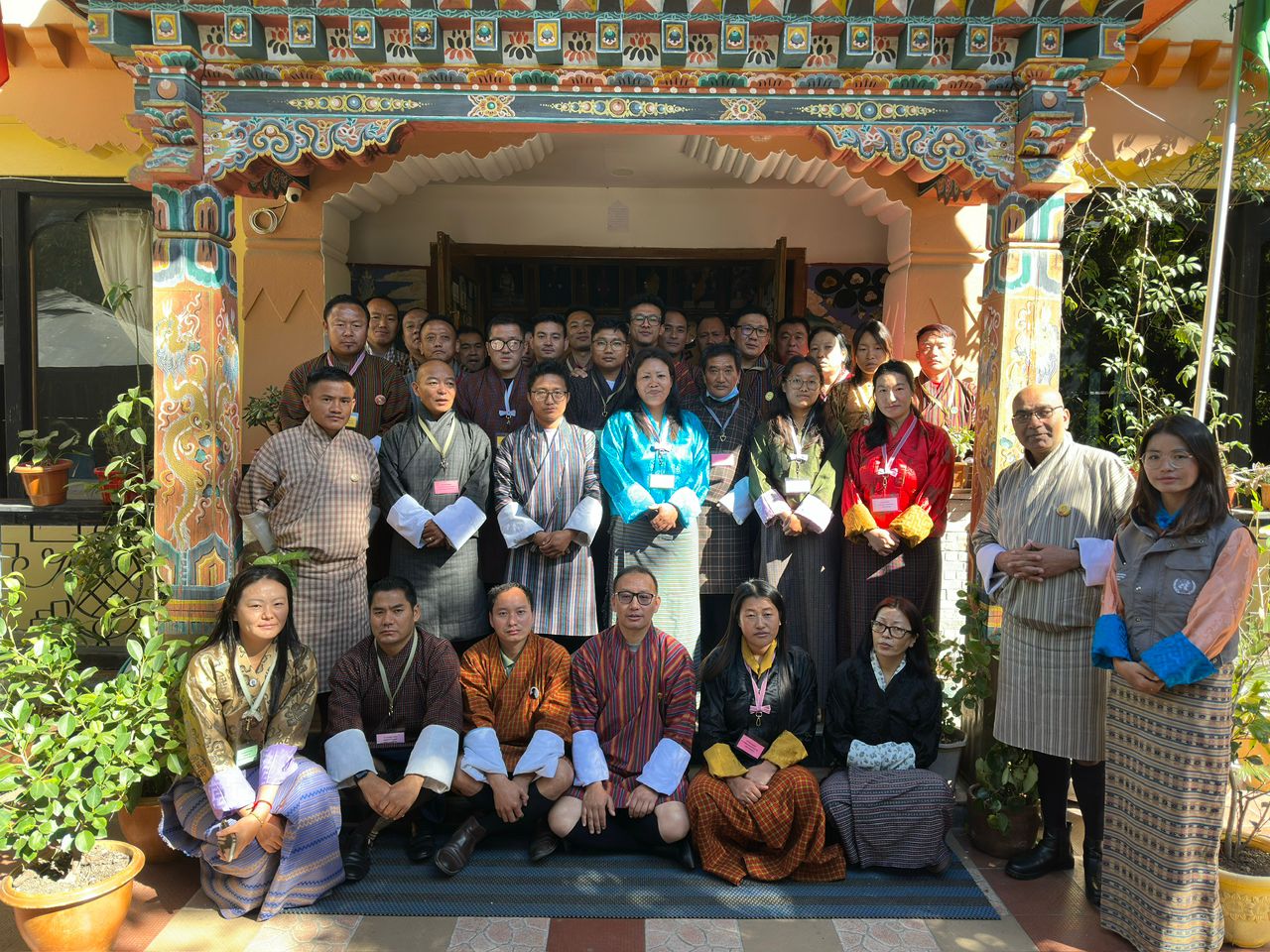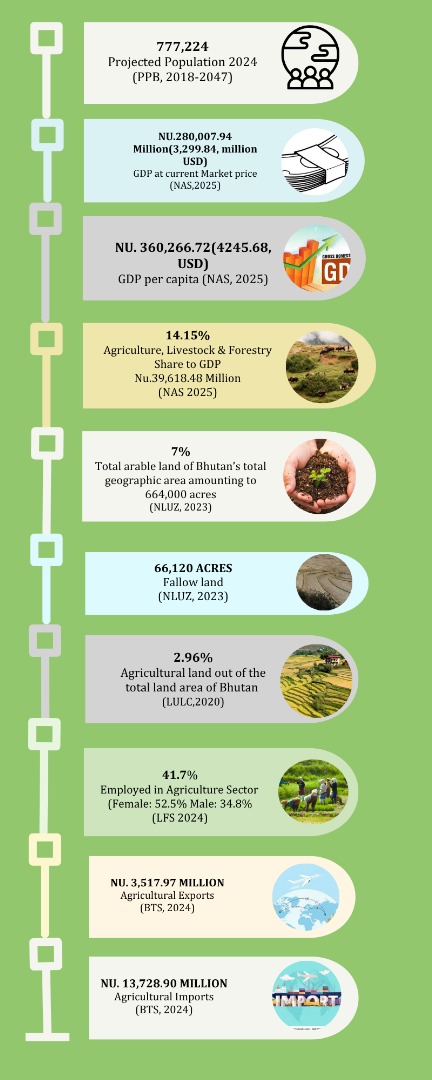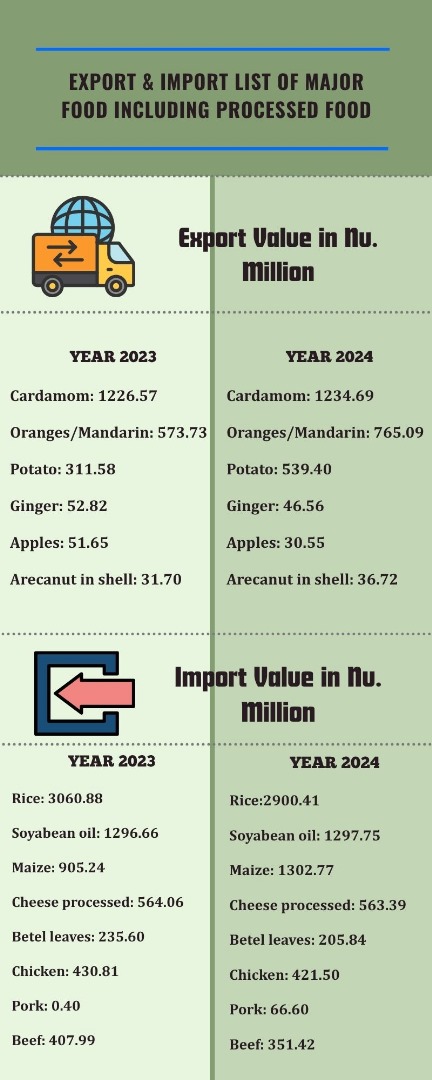18 November 2025, Mongar: The Department of Livestock (DoL), with funding support from the Pandemic Fund Project, and in collaboration with FAO is conducting a six-day refresher training program for field veterinary paraprofessionals from the west-central and eastern regions of Bhutan. The training, held from 17–22 November 2025 in Mongar, marks the fourth batch of capacity-building refresher course, following earlier successful sessions in Phuentsholing and Gelephu.
A total of 29 veterinary paraprofessionals, representing Dzongkhags, District veterinary hospitals and central farms, are participating in this round of training. Continuous professional development for veterinary paraprofessionals is increasingly important as Bhutan faces the emergence and re-emergence of diseases, evolving farming systems, and rapid advancements in diagnostic and therapeutic technologies. However, limited funding historically posed challenges to regular upskilling. This refresher training aims to bridge these gaps and ensure that frontline veterinary workers remain equipped with current knowledge, techniques and best practices.
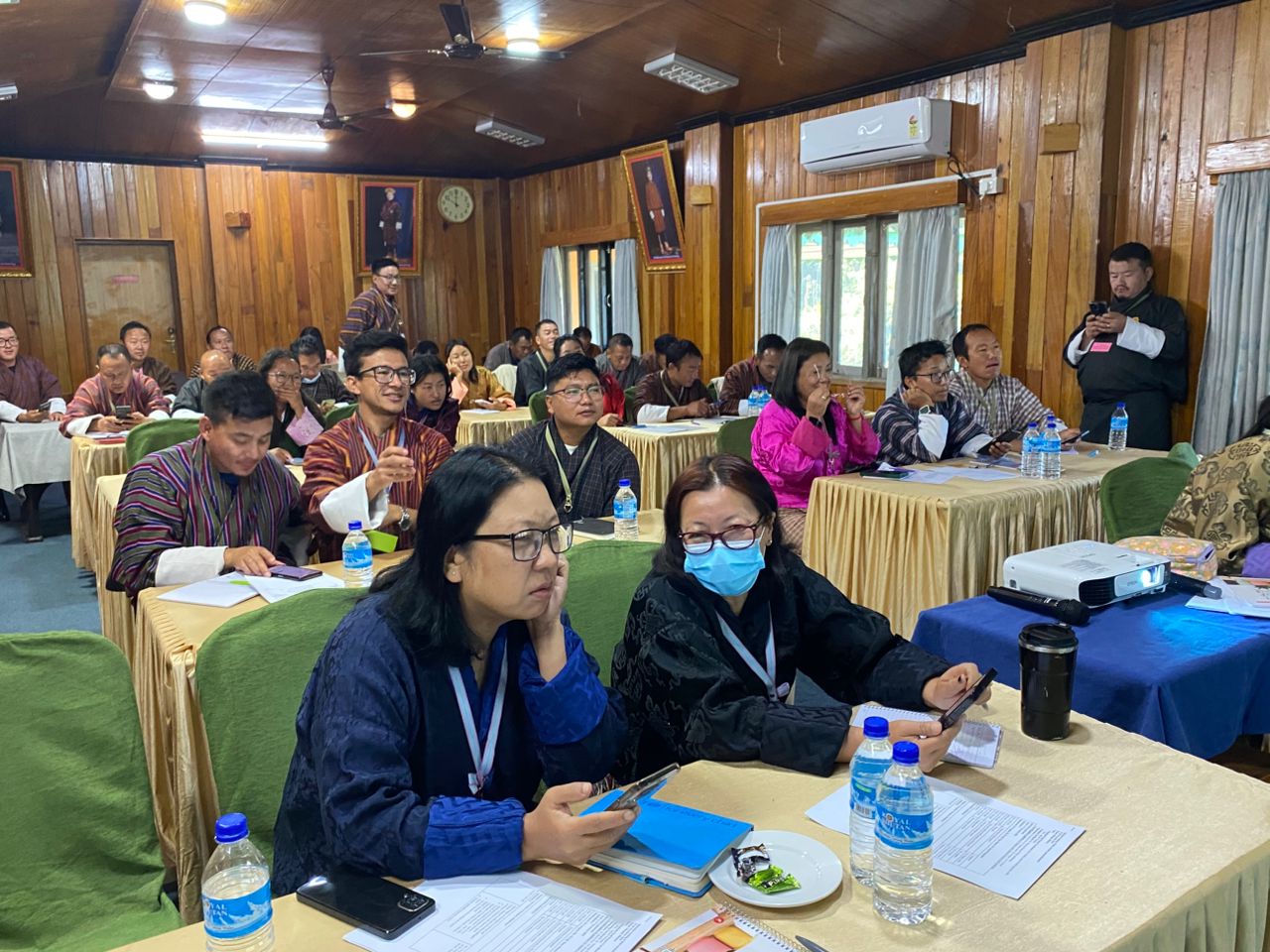 The comprehensive training curriculum covers key technical areas essential for improving animal health service delivery, including Veterinary Preventive and Clinical Medicine, Clinical Case Management, Veterinary Microbiology, Animal Welfare, Biosecurity and Biosafety, common Surgical Procedures, and Disease Prevention and Control Strategies.
The comprehensive training curriculum covers key technical areas essential for improving animal health service delivery, including Veterinary Preventive and Clinical Medicine, Clinical Case Management, Veterinary Microbiology, Animal Welfare, Biosecurity and Biosafety, common Surgical Procedures, and Disease Prevention and Control Strategies.
The refresher course applies a blended methodology of theoretical lectures, hands-on practical sessions, case studies and interactive problem-solving exercises. To measure learning improvements, participants undergo both pre- and post-training assessments.
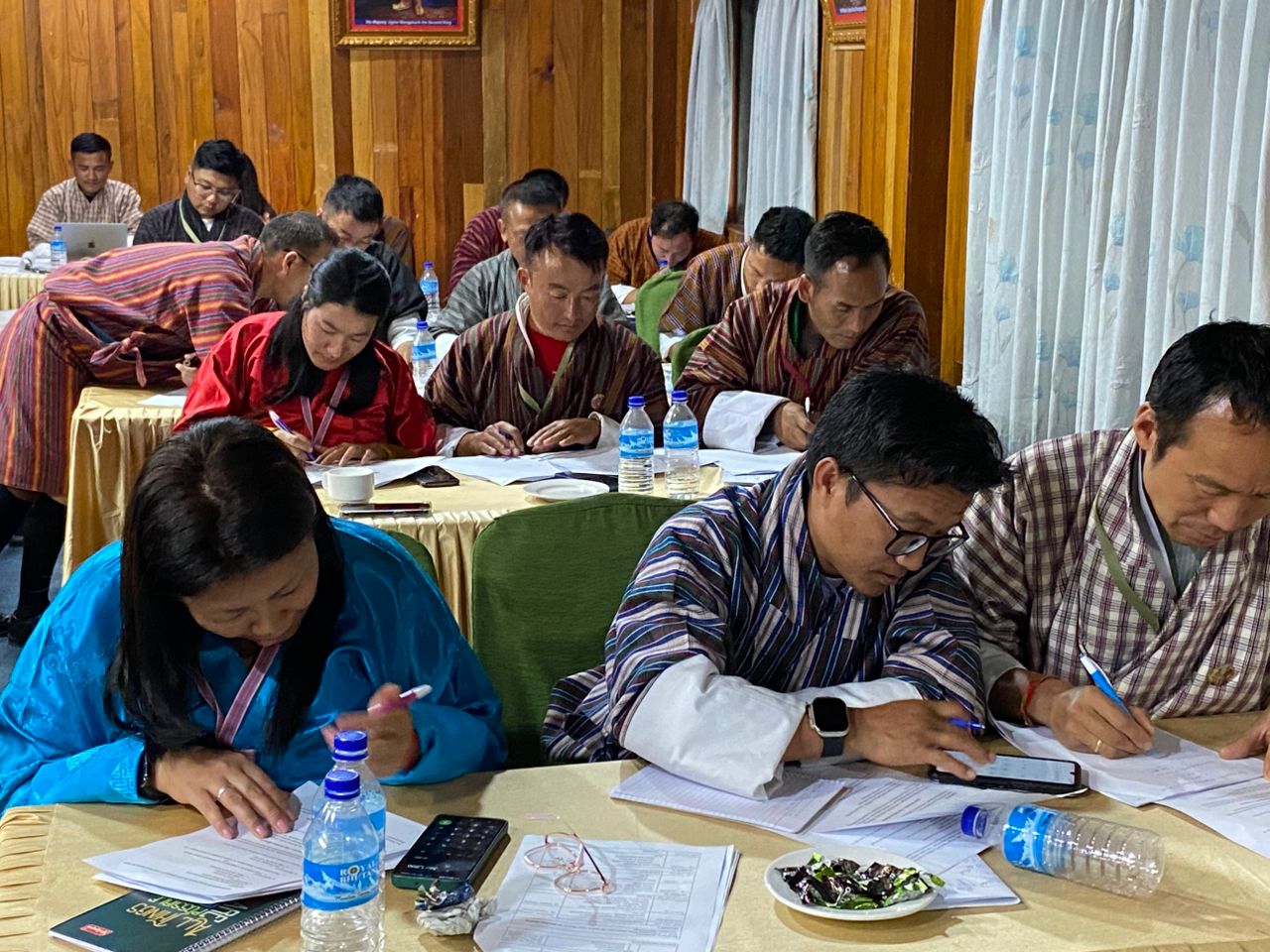 By the conclusion of the six-day program, participants are expected to gain enhanced technical skills and refreshed competencies enabling them to deliver more effective, reliable and timely animal health services. Strengthening the capacity of field veterinary paraprofessionals directly contributes to improved livestock health, better management of zoonotic and wildlife-related risks, and ultimately enhances public health and ecosystem health in Bhutan.
By the conclusion of the six-day program, participants are expected to gain enhanced technical skills and refreshed competencies enabling them to deliver more effective, reliable and timely animal health services. Strengthening the capacity of field veterinary paraprofessionals directly contributes to improved livestock health, better management of zoonotic and wildlife-related risks, and ultimately enhances public health and ecosystem health in Bhutan.
![]()

